Description
Potassium Sorbate: The Unsung Hero of Food Preservation
You might not recognize the name, but chances are you’ve consumed potassium sorbate today. This common food additive is a workhorse in the food and beverage industry, playing a vital role in extending shelf life and preventing spoilage. But what exactly is potassium sorbate, and why is it so widely used?
What is Potassium Sorbate?
Potassium sorbate is a potassium salt of sorbic acid, a naturally occurring organic compound first isolated from rowan berries. It’s a white, odorless, and tasteless powder that is highly soluble in water. Synthetically produced for commercial purposes, potassium sorbate is primarily used as a preservative, specifically an antimicrobial agent.
How Does it Work?
Potassium sorbate inhibits the growth of molds, yeasts, and some bacteria in foods and beverages, thereby preventing spoilage and extending shelf life. It achieves this by interfering with microbial cell membranes and inhibiting key enzymatic processes. Unlike some other preservatives, potassium sorbate is most effective at slightly acidic pH levels, typically around 6.5 or lower. This makes it particularly well-suited for preserving acidic foods.
Where is it Found?
You’ll find potassium sorbate in a vast array of products, including:
- Cheeses: Used to prevent mold growth on hard and semi-hard cheeses.
- Yogurt: Extends the shelf life and prevents spoilage.
- Baked goods: Inhibits mold and yeast growth, keeping breads and pastries fresher for longer.
- Wines and Beers: Prevents unwanted fermentation and maintains clarity.
- Dried Fruits and Vegetables: Inhibits mold and yeast growth.
- Sauces and Dressings: Extends shelf life and prevents spoilage.
- Pickled Products: Prevents mold growth.
- Cosmetics and Personal Care Products: Used as a preservative in shampoos, lotions, and creams.
Is it Safe?
Potassium sorbate is generally recognized as safe (GRAS) by the U.S. Food and Drug Administration (FDA) and the European Food Safety Authority (EFSA). This means that it is considered safe for consumption when used in accordance with good manufacturing practices.
However, like any substance, some individuals may experience sensitivities or allergic reactions to potassium sorbate, although these are rare. Potential side effects can include mild skin irritation or allergic reactions in sensitive individuals. It’s always best to be aware of your own sensitivities and consult with a healthcare professional if you have any concerns.
The Future of Potassium Sorbate
As consumers become increasingly conscious of ingredients in their food, the demand for natural and “clean label” alternatives to synthetic preservatives is growing. While potassium sorbate is synthetically produced, it’s derived from a naturally occurring compound. This positions it favorably compared to some other preservatives considered more “artificial.”
Research is ongoing to explore methods of producing potassium sorbate more sustainably and efficiently. Furthermore, scientists are investigating its potential applications beyond food preservation, including its use as an antifungal agent in agriculture and as a potential therapeutic agent.
Conclusion
Potassium sorbate is a vital ingredient in the modern food supply, contributing significantly to food preservation and reducing food waste. While it often goes unnoticed, it plays a crucial role in ensuring that the foods we consume remain safe and palatable for longer. As long as it is used in accordance with regulations and guidelines, potassium sorbate remains a safe and effective preservative for a wide range of food and beverage products. So, the next time you enjoy a slice of cheese or a bottle of wine, remember the unsung hero – potassium sorbate – working silently to keep it fresh and delicious.

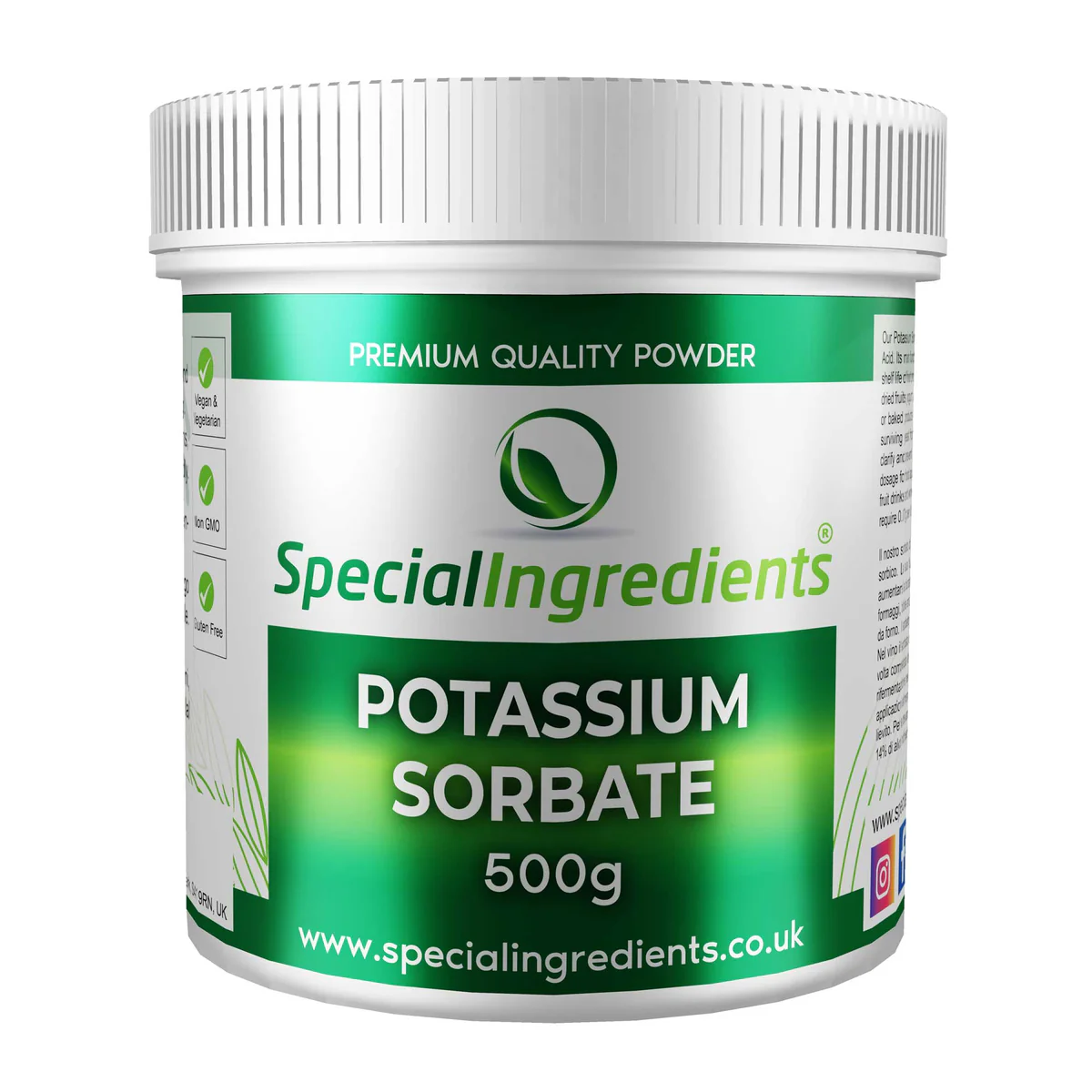
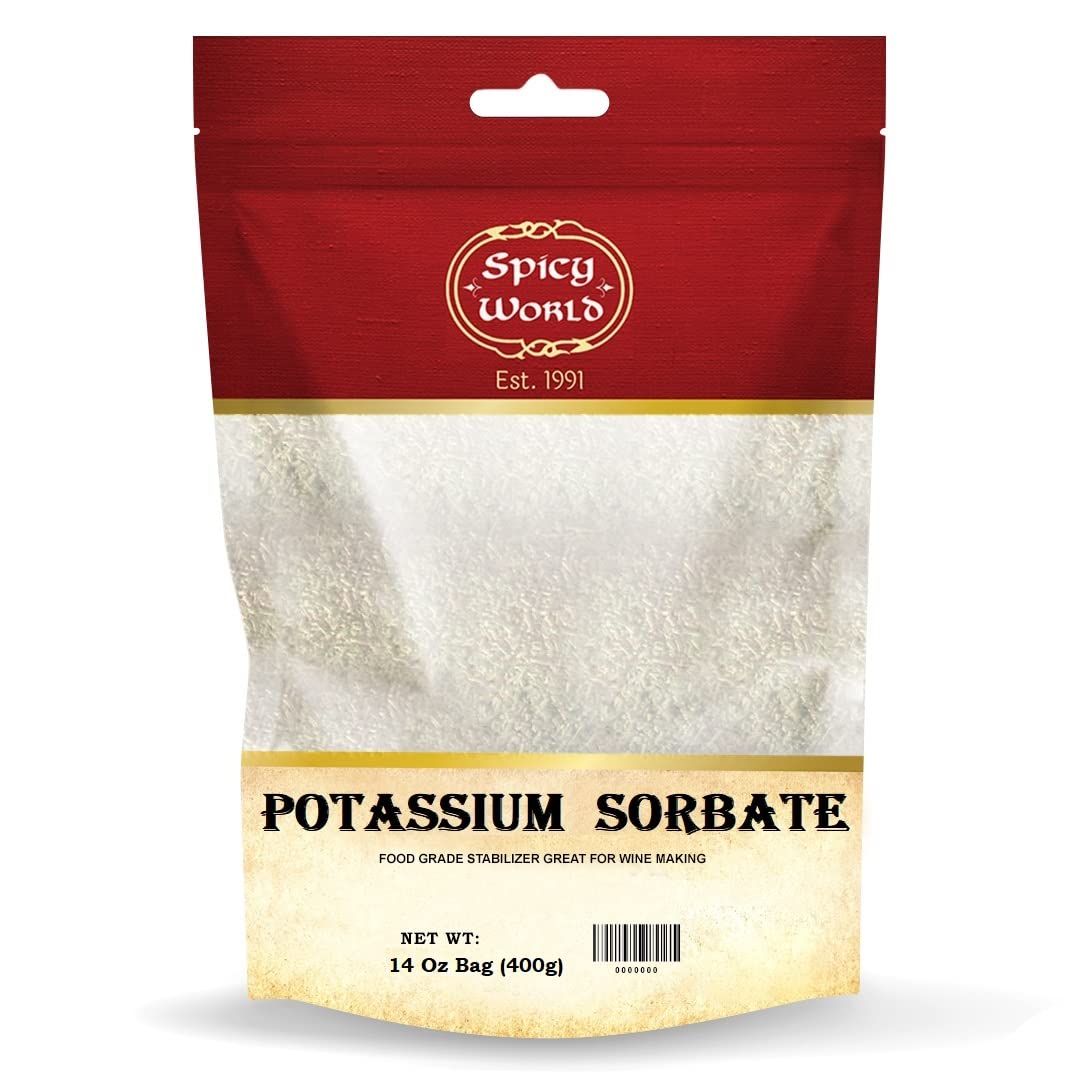


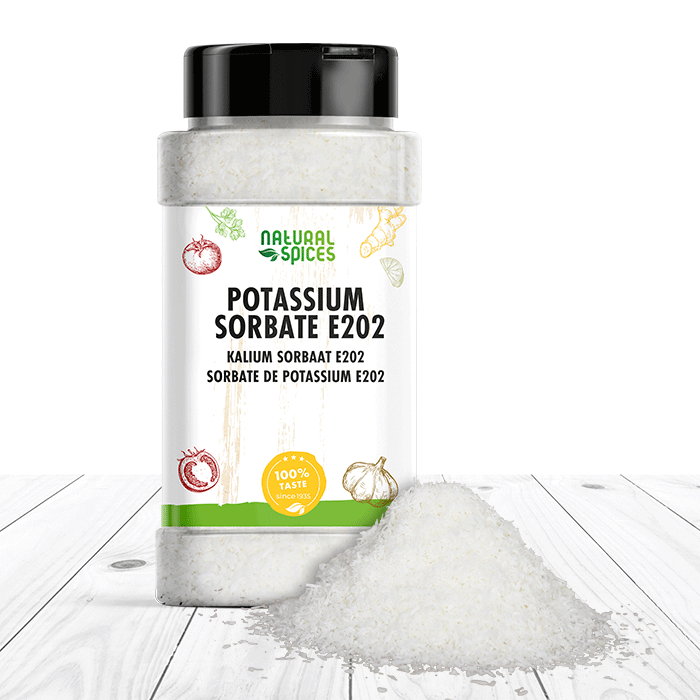
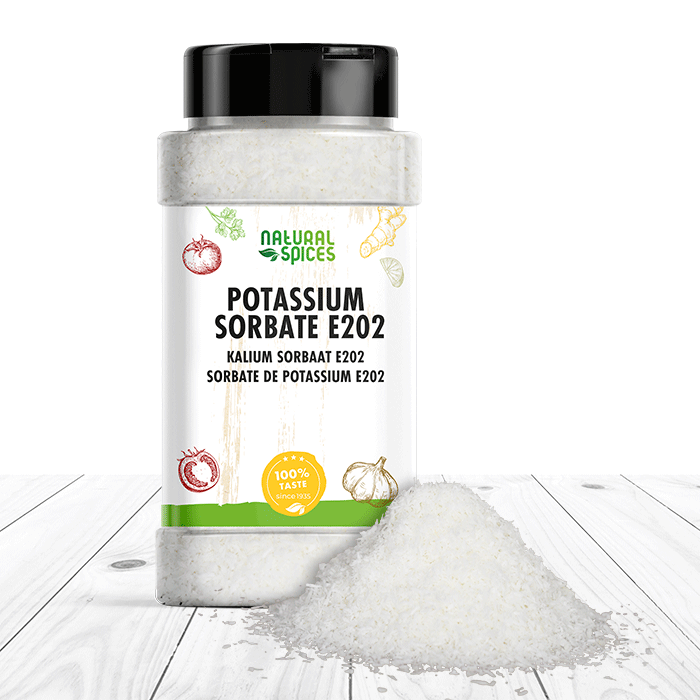
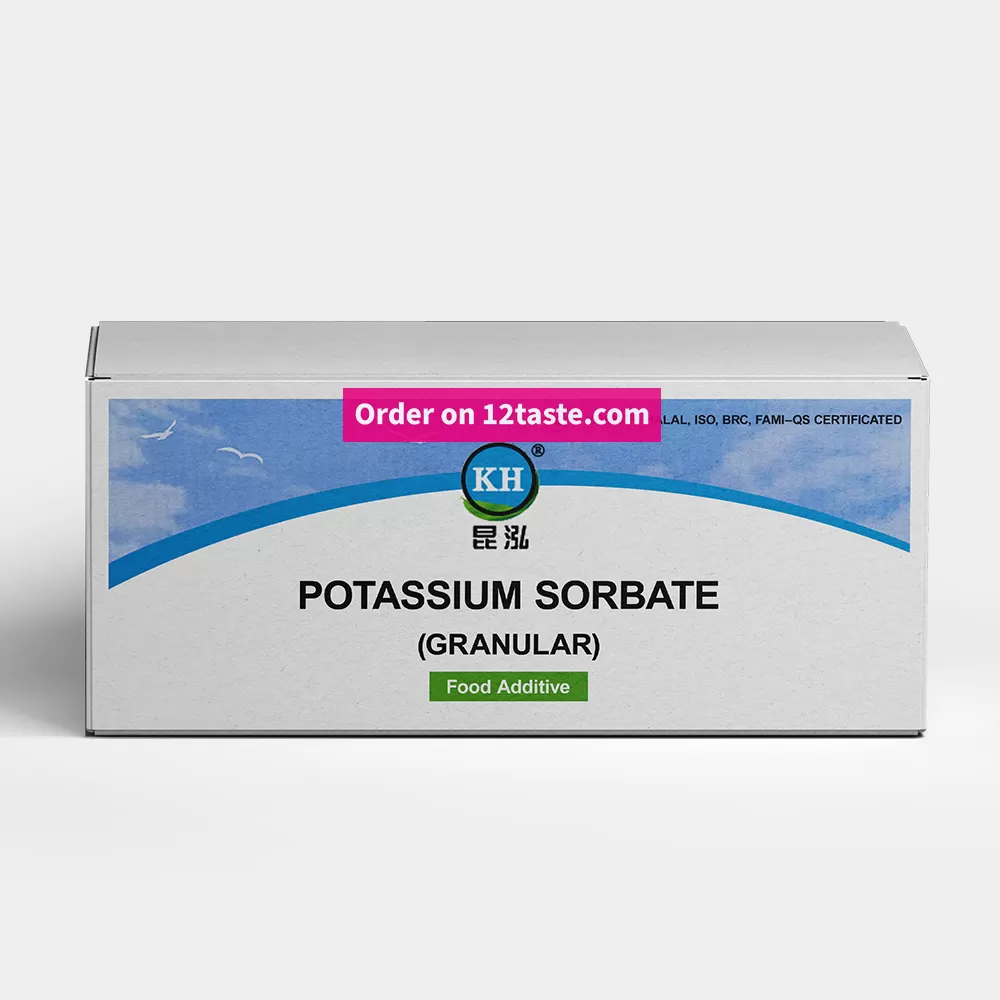

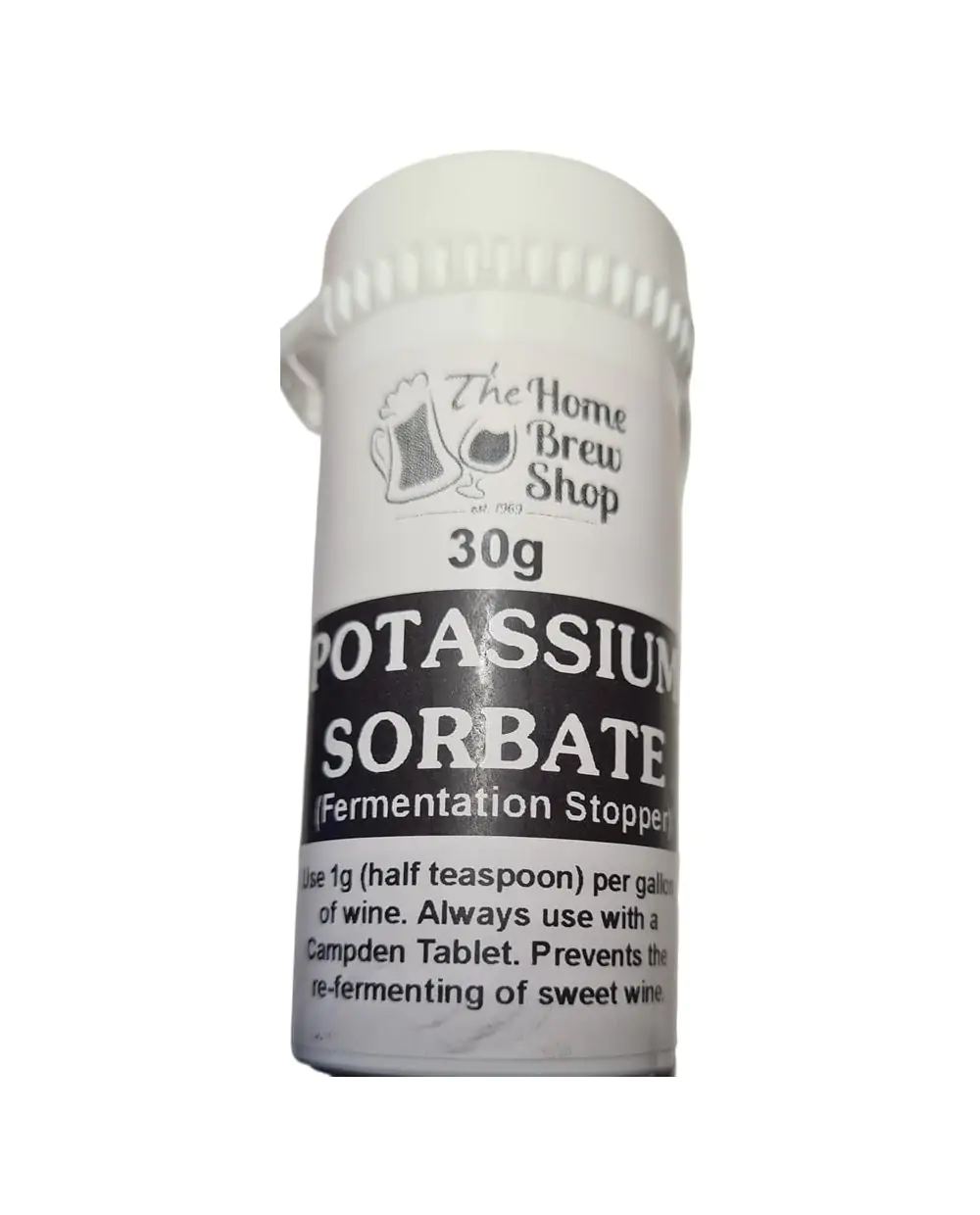
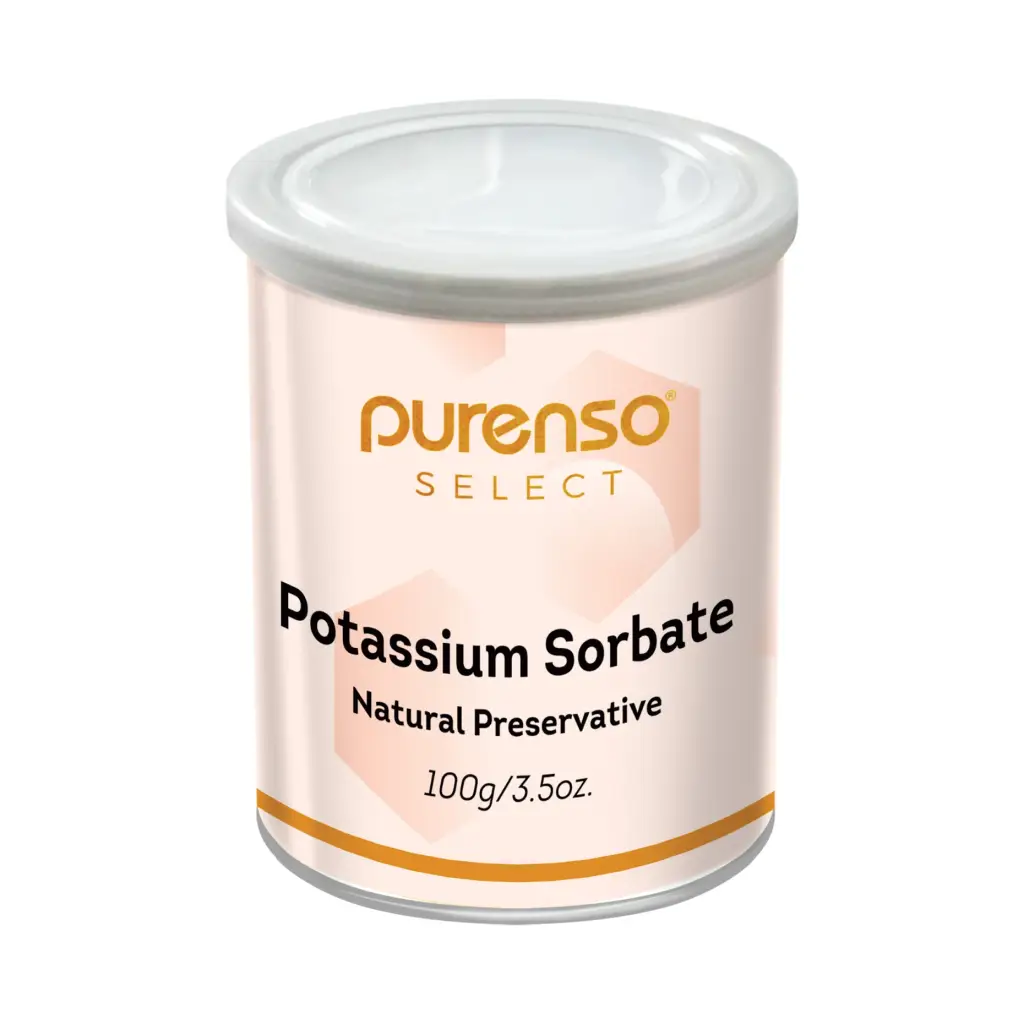
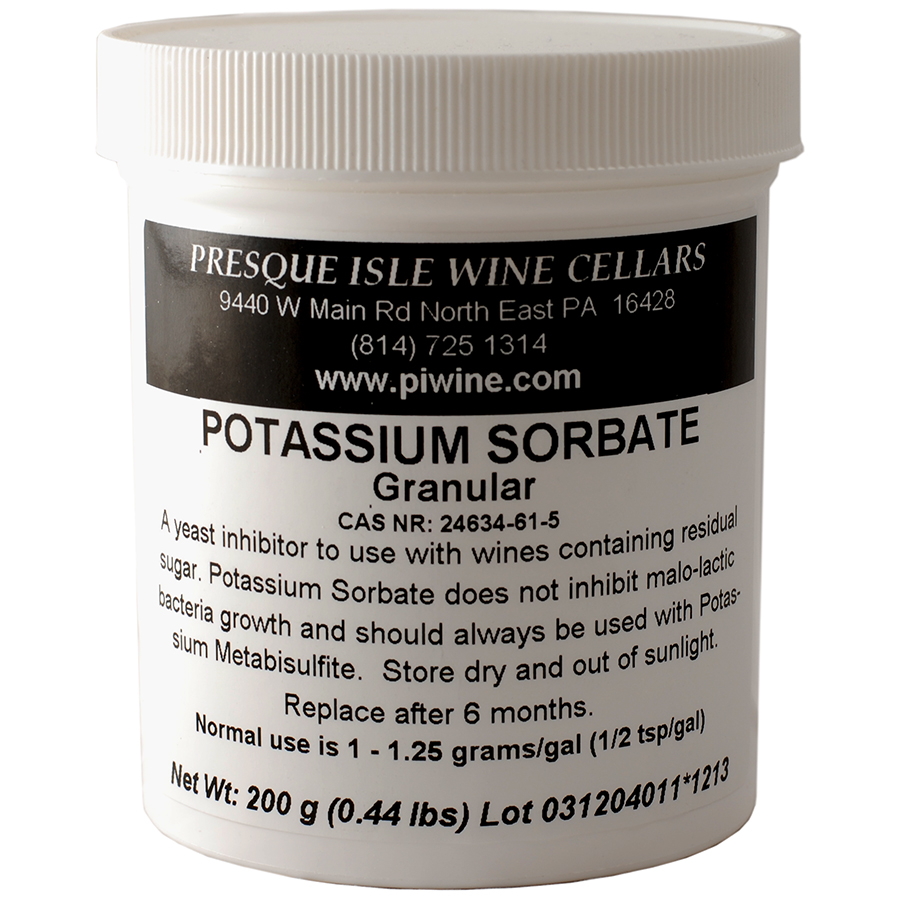
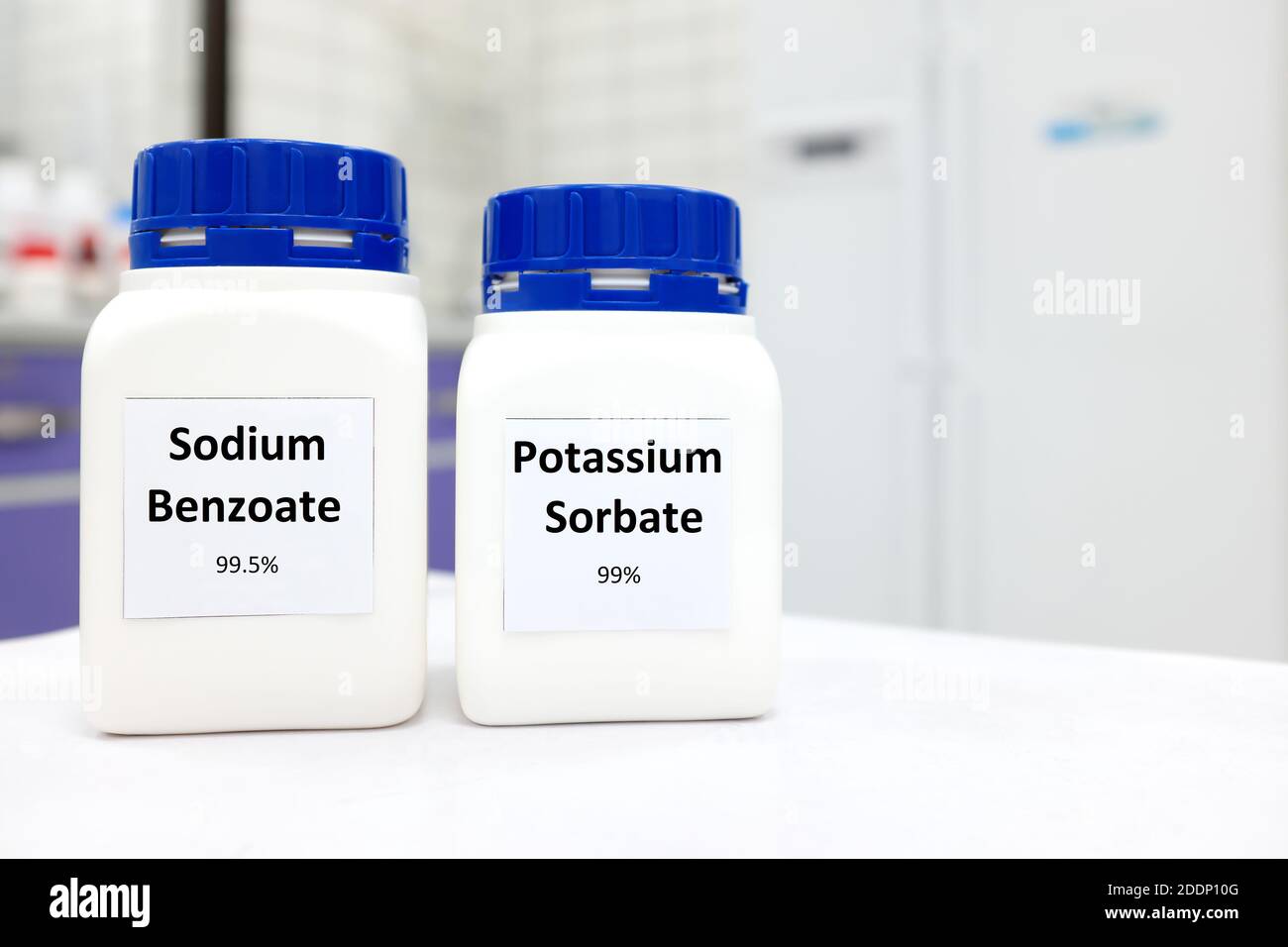

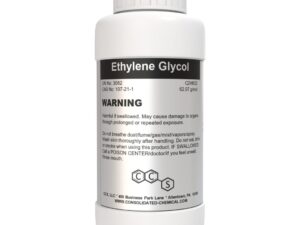


Reviews
There are no reviews yet.